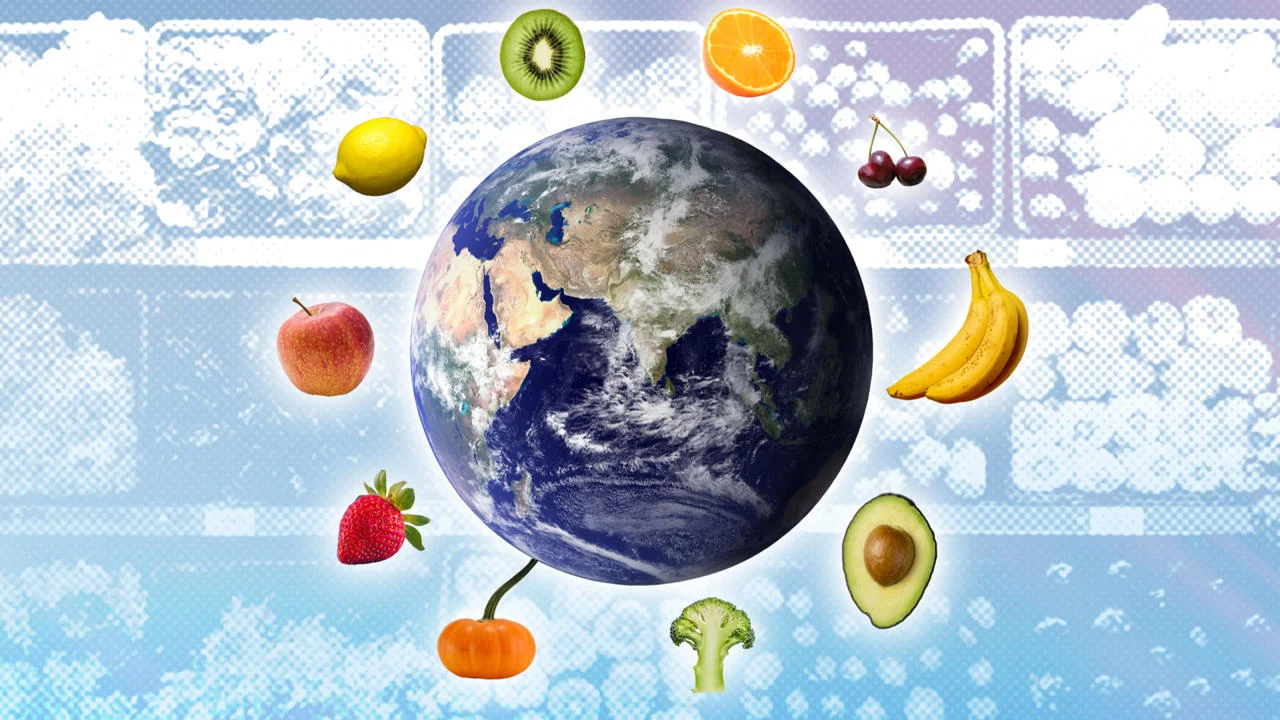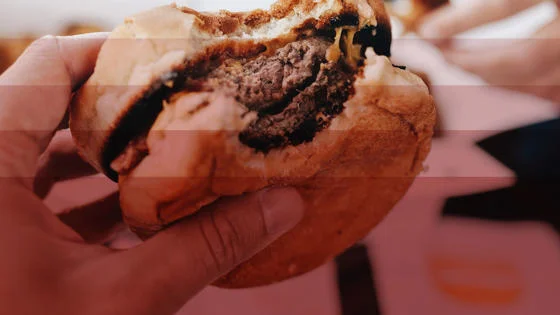Eating green: how can we promote sustainable food choices?

Contents
Meat-based diets have a high carbon footprint with a recent UN report finding that meat and dairy are responsible for 14.5 per cent of global greenhouse emissions.
As countries around the world push to meet their net zero goals, behavioural ‘‘nudges’’ are being used to reduce meat consumption. A nudge works by subtly altering how choices are presented to us and steering us towards making socially beneficial choices without banning items or raising costs.
However, some people have raised ethical concerns about nudging as it can be seen as a manipulation tactic. There are also questions about the effectiveness of nudges as they don’t always lead to prolonged behavioural change. Once you take the nudge away, people tend to revert to their previous behaviour.
To address this, work by Dr Sanchayan Banerjee (Assistant Professor at VU Amsterdam and Visiting Fellow in the Department of Psychological and Behavioural Science at LSE) seeks instead to empower people to reflect on their choices and foster more meaningful behavioural changes.
In order to solve climate change, we can’t rely solely on cosmetic changes and, at the end of the day, a nudge is a superficial change.
Introducing the nudge+
In a new paper, Dr Banerjee and colleagues Dr Matteo Galizzi (Department of Psychological and Behavioural Science, LSE), Professor Peter John (King’s College London) and Professor Susana Mourato (Department of Geography and Environment, LSE) tested a new behavioural intervention called nudge+. Developed by Dr Banerjee during his PhD at LSE, a nudge+ intervention still steers people towards welfare-improving choices, but only after they have thought about the choice first and reflected on the decision they want to make. The idea is that once people reveal their goals, the nudge+ helps them take the final step and is therefore more legitimate than a stand-alone nudge.
In the new study, Dr Banerjee and colleagues set up an experiment where participants were asked to order food from an online menu. Groups of participants were then subjected to different interventions. In one group, participants were subjected to a traditional nudge and were automatically defaulted into an online menu with only sustainable options available, unless they opted out of it.
In another group, participants were asked in advance if they wanted to commit to a sustainable diet. If they said "yes", they were then defaulted into the sustainable menu. If they said "no", they were taken through to a normal menu.
In both groups, the nudges led to more sustainable choices than a control group where participants were presented with a normal menu from the start. However, the nudge+, which asked people to think about their choice first, increased the effectiveness of the nudge by up to 40 per cent.
Dr Banerjee believes the nudge+ is effective as it makes use of both the fast and slow decision-making processes in our brains. "The human brain has two parts in terms of how we think. One is based on fast decisions and controls our everyday actions like buying a coffee or taking the bus. The other part of the brain deals with complex decisions, which take longer to make.
"Nudges make use of the fast side of the brain. When we use that part, we tend to make lots of mistakes as we rely on shortcuts. The nudge bypasses those shortcuts and gets you to the right point. The nudge+ works by activating the second half of the brain, the slower part, and combines it with the faster thinking so you briefly stop before making a quick decision and reflect."
In the real world, Dr Banerjee believes nudge+ policies are a cost-effective and easy way for food ordering apps and ordering kiosks in places like McDonalds to encourage people to make more sustainable dietary choices. Indeed, he is in early talks with some food delivery companies about how they can utilise his findings.
Support for a meat tax is fully driven by the make-up of the tax ... if you get it wrong then behavioural interventions cannot correct it.
However, Dr Banerjee believes nudges and nudge+ can only go so far in lowering meat consumption. "In order to solve climate change, we can’t rely solely on cosmetic changes and, at the end of the day, a nudge is a superficial change. Most of the work I’m doing going forwards combines behavioural interventions like nudging and nudge+ with more fiscal policies like meat taxes and subsidies," he says.
Although controversial as they can disproportionately affect the poorest in society and can be damaging to the farming industry, Dr Banerjee believes the introduction of meat taxes is crucial if we are serious about tackling the climate crisis.
He suggests one way to mitigate criticisms of meat taxes is to use a recycling mechanism where you redistribute the revenues raised through the tax back into the pockets of consumers. This could be done, for example, through subsidies on other products like fruit and vegetables or through investment in green technology. However, Dr Banerjee insists the design of the tax is crucial in obtaining public support.
"It is very important right now to consider the optimal design of a tax. I’m currently running experiments where I combine a meat tax with different kinds of behavioural interventions and, at the end of the day, I’ve found support for a meat tax is fully driven by the make-up of the tax." He explains, "The baseline message here is: get the tax right and you can hope people will accept it but if you get it wrong then behavioural interventions cannot correct it."
With reports that we are increasingly unlikely to meet the goal of keeping global warming to 1.5 degrees Celsius above pre-industrial levels, work like Dr Banerjee’s comes at an important juncture in history where it’s crucial we make the right decisions and optimise any new policies.
Dr Sanchayan Banerjee was speaking to Charlotte Kelloway, Media Relations Manager at LSE.
Download a PDF version of this article







